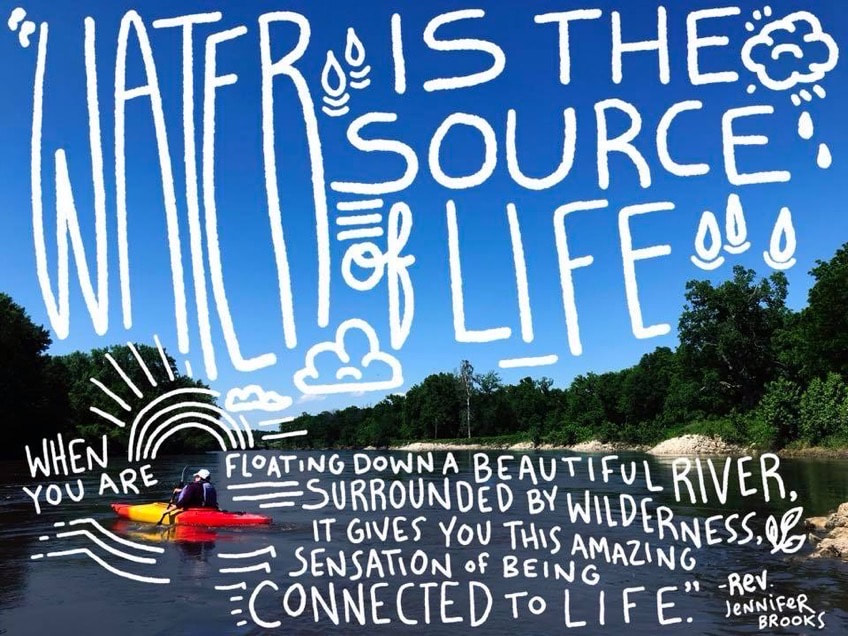Theology isn’t just a set of beliefs or doctrines. It’s how we live. We each have a theology even if we don’t express it in words. Parker Palmer wrote a book that takes for its title a Quaker saying:
“Let your life speak.”
My authentic theology is what I do. But if I have to put it in words--
My theology is one of love and justice. I’m grounded in reverence for life: awe and wonder at the intricate beauty of the universe; respect for all beings; and a deep commitment to justice. To me, respect for the inherent worth of every person emerges from both love and logic and compels me to a theology of justice. My respect for the interconnected web of life has emerged from my every experience with the natural world (and I seek out opportunities for wilderness). I am in love with Life.
In my theology of love and justice, building community is central. We human beings can become our best true selves in community—in loving relationships that cherish diversity. Dialogue around our differences helps us learn and grow and have new insights. When we sense the reality and validity of our connections to others, we instinctively reach out to side with love and create justice in the world. A transformational community of faith can inspires people to transform themselves, each of their communities, and society—to build toward Beloved Community.
I’m comfortable with a diversity of religious traditions, theological views, and spiritual practices. I was raised in a Methodist church situated in a Jewish neighborhood; over the years I’ve had strong Buddhist influences. I instinctively seek the outdoors as a place of respite—I have a deep connection to the earth and an ear for the wisdom of native traditions. Comfortable with theists and non-theists, I’m a religious humanist who longs for something larger than the human ego. I feel connected to all the universe and aspire to co-create it through the way I live and love.
In my theology of love and justice, building community is central. We human beings can become our best true selves in community—in loving relationships that cherish diversity. Dialogue around our differences helps us learn and grow and have new insights. When we sense the reality and validity of our connections to others, we instinctively reach out to side with love and create justice in the world. A transformational community of faith can inspires people to transform themselves, each of their communities, and society—to build toward Beloved Community.
I’m comfortable with a diversity of religious traditions, theological views, and spiritual practices. I was raised in a Methodist church situated in a Jewish neighborhood; over the years I’ve had strong Buddhist influences. I instinctively seek the outdoors as a place of respite—I have a deep connection to the earth and an ear for the wisdom of native traditions. Comfortable with theists and non-theists, I’m a religious humanist who longs for something larger than the human ego. I feel connected to all the universe and aspire to co-create it through the way I live and love.
Banner image: Rainbow Crow by Julian Norwood

